Breaking Free: Why Freelancers and Startups Should Avoid Vendor Lock-In and Embrace Open-Source Solutions - 200+ Libre Apps
Table of Content
Freelancers, startups, as many professionals find themselves tethered to commercial apps and services. This reliance often leads to a phenomenon known as vendor lock-in, where users become dependent on a particular vendor's tools, making it challenging to switch to alternatives without incurring significant costs or disruptions.
Understanding Vendor Lock-In
Vendor lock-in occurs when a client becomes so reliant on a vendor’s products or services that switching to a different provider becomes financially or operationally prohibitive. This situation can be particularly damaging for freelancers and startups, who often have limited budgets and resources.
The ongoing costs associated with commercial apps can escalate quickly, creating a financial burden that stifles growth and innovation.
Consider this: a freelancer may start with a couple of project management apps, time tracking tools, and design platforms like Figma. However, as projects multiply, so do the tools, leading to dozens of subscriptions.
Each tool not only adds to the monthly expenses but also creates a complex ecosystem that can be difficult to manage. This scenario is not just about money; it also restricts flexibility and control over data and customer relationships.
The Case for Open-Source Self-Hosted Apps
Transitioning to open-source self-hosted applications presents a viable solution to avoid vendor lock-in. Here are some compelling reasons why freelancers and startups should consider this approach:
- Data Control: With open-source solutions, you maintain complete control over your data. This autonomy reduces the risk of vendor-related data breaches or changes in service terms that can affect access to crucial information.
- Customization and Flexibility: Open-source software can be tailored to meet specific project needs. Unlike commercial products that may be rigid in functionality, self-hosted apps allow for modifications that can enhance productivity and align better with workflows.
- Community Support: Many open-source applications have active communities that offer support, plugins, and regular updates.
- Reduced Risk of Lock-In: Using open-source software mitigates the risk of vendor lock-in. Should the need arise to switch tools or service providers, the transition is often smoother because data formats are typically more standardized and easier to export.
- Cost Savings: Open-source software is often free or significantly less expensive than commercial counterparts. This can save freelancers and startups substantial money over time, particularly if they avoid recurring subscription fees.
Practical Open-Source Alternatives
Here are several open-source solutions that can replace popular commercial apps:
- Project Management:
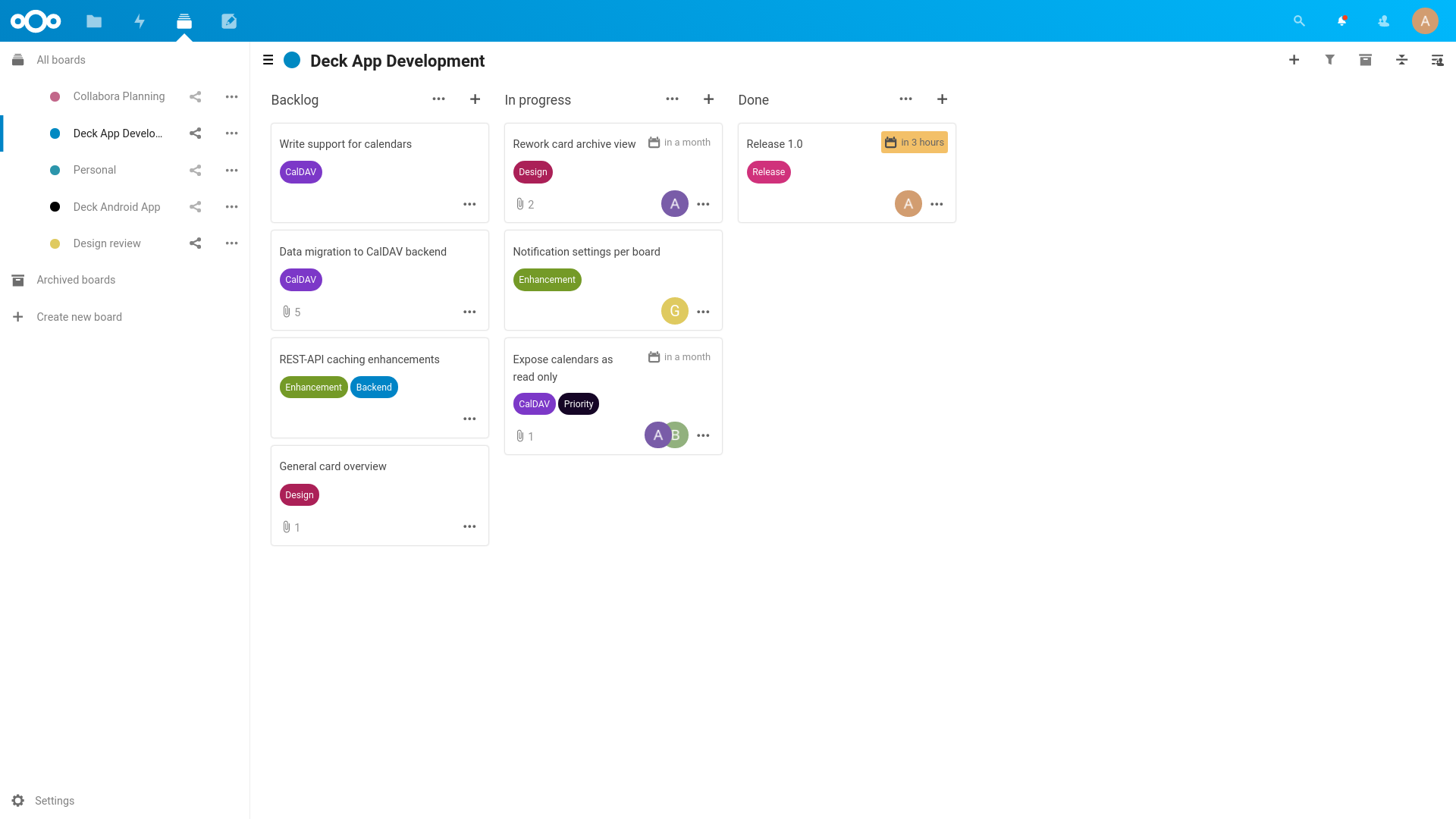
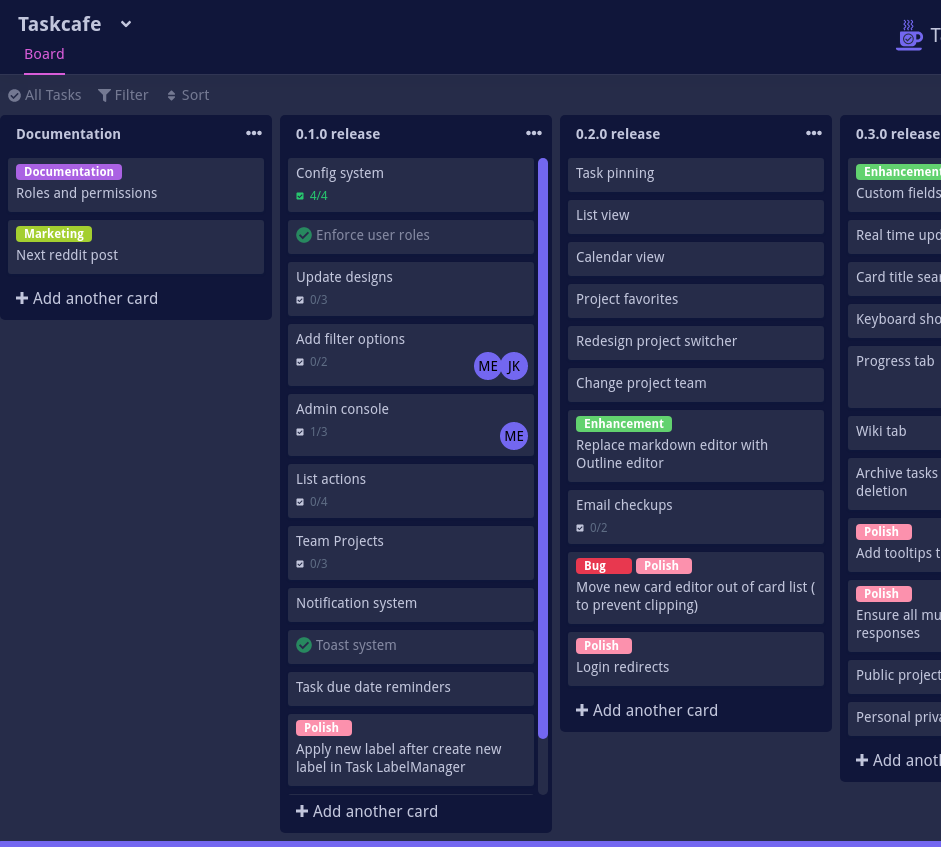
- Time Tracking:



- Collaborative Design:
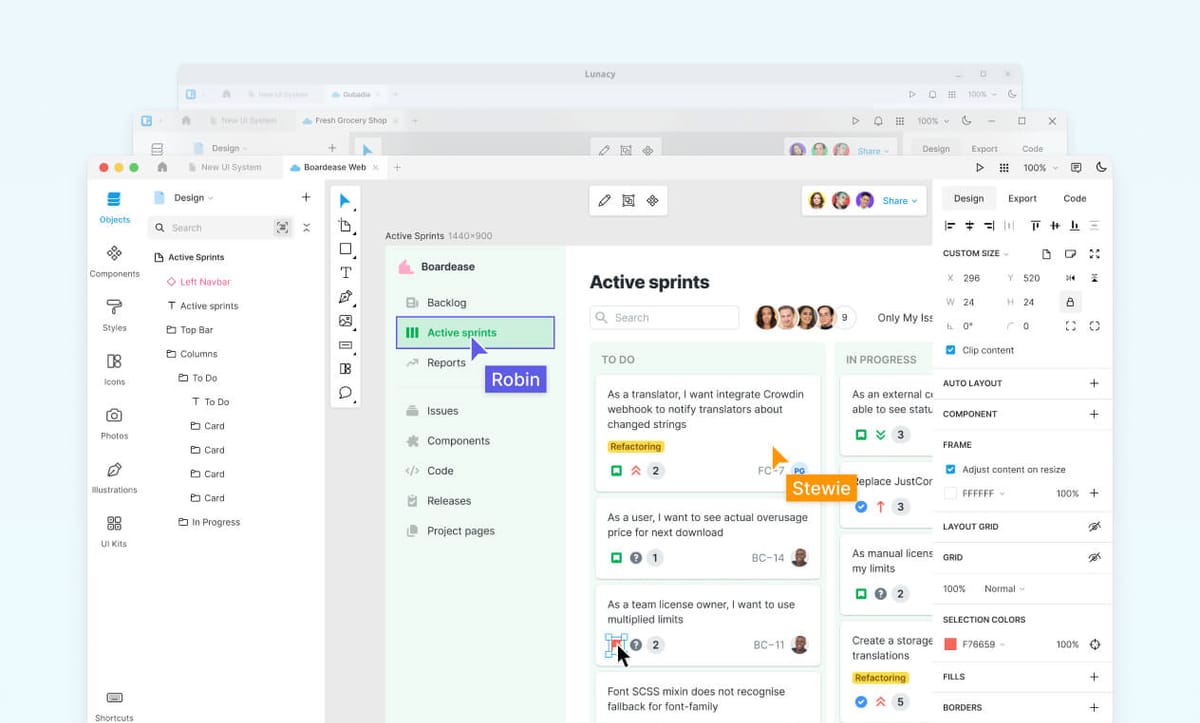
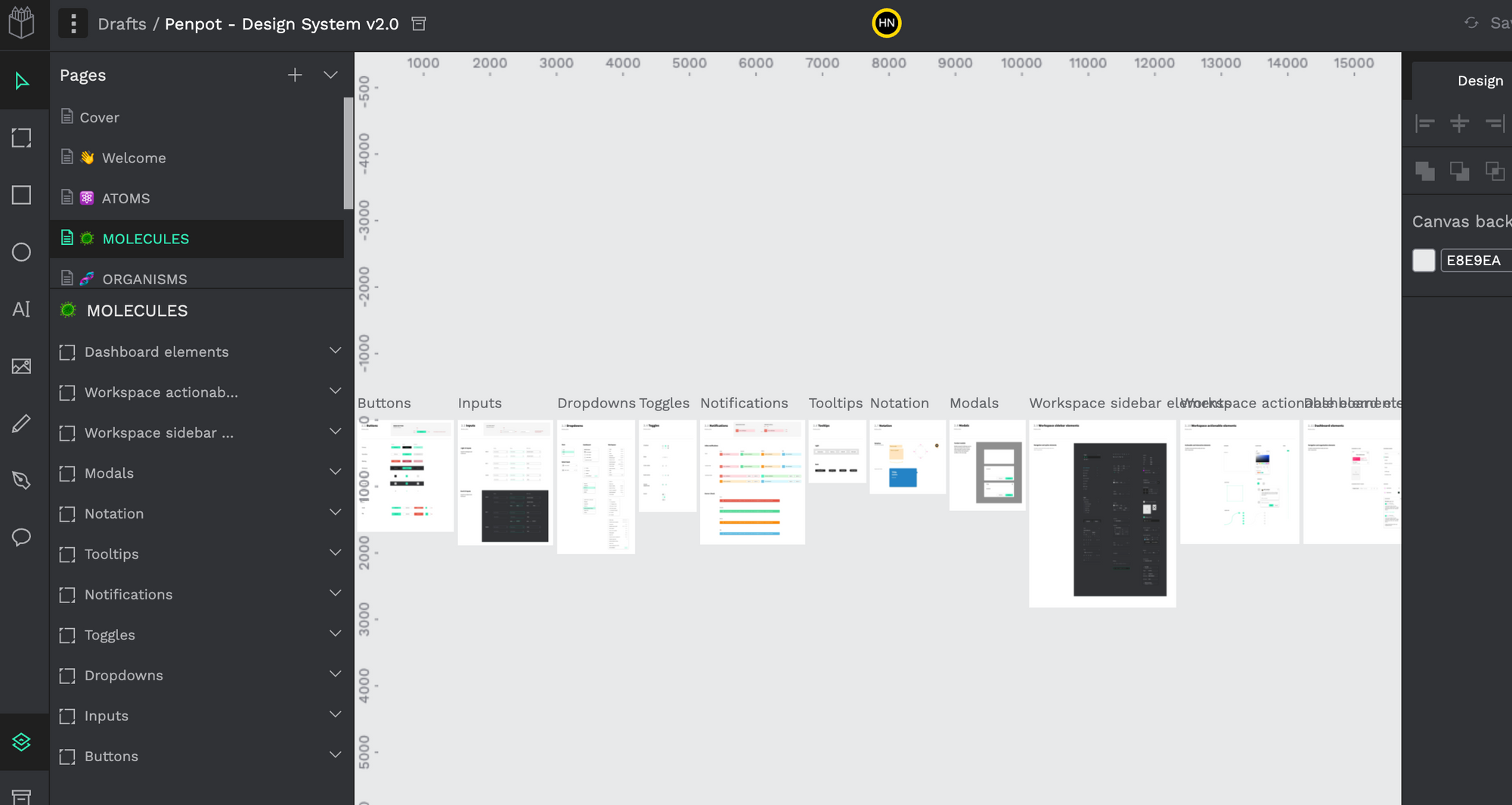
- Note-Taking:
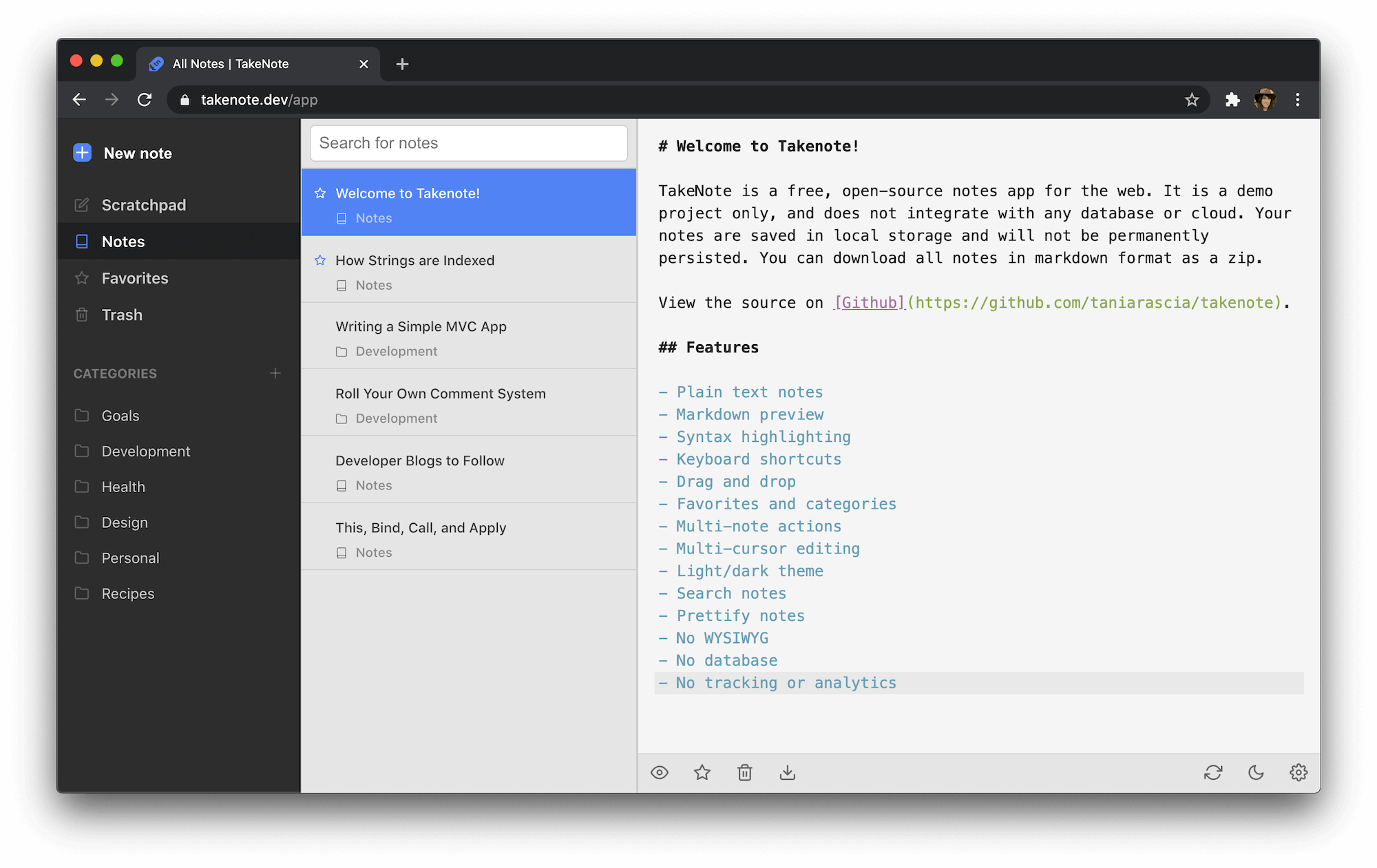
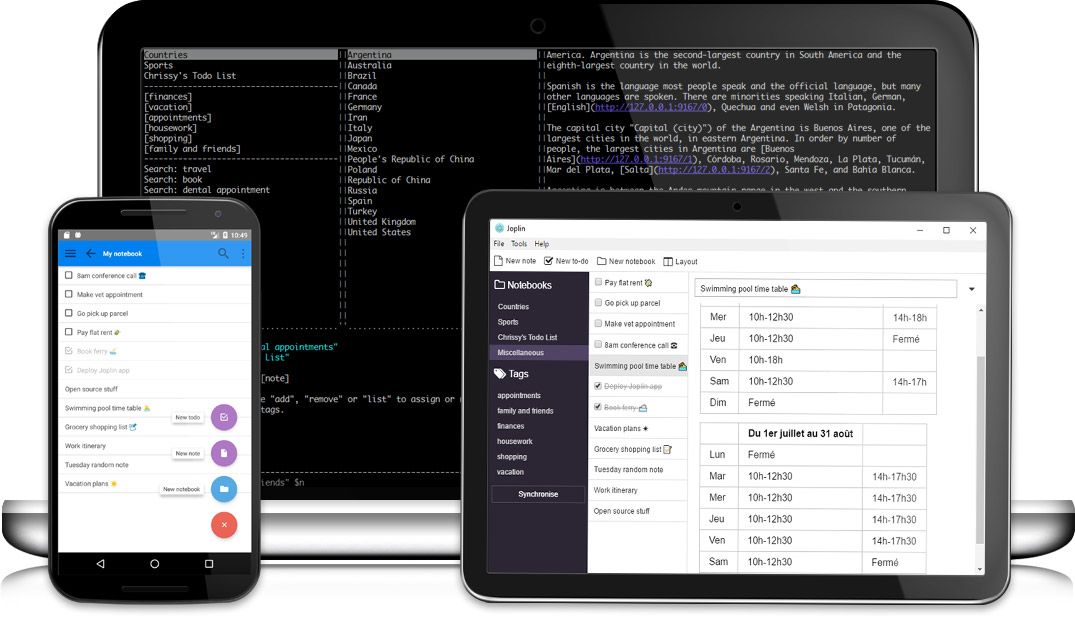
- DMS (Document Management System):

- API Testing:

- Coding:


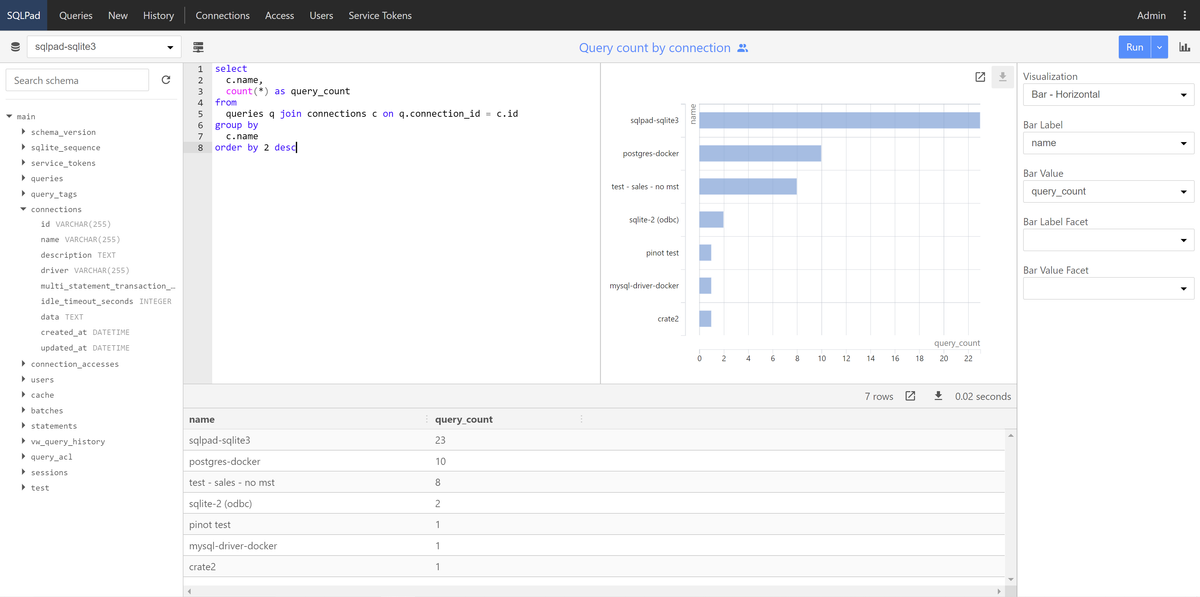
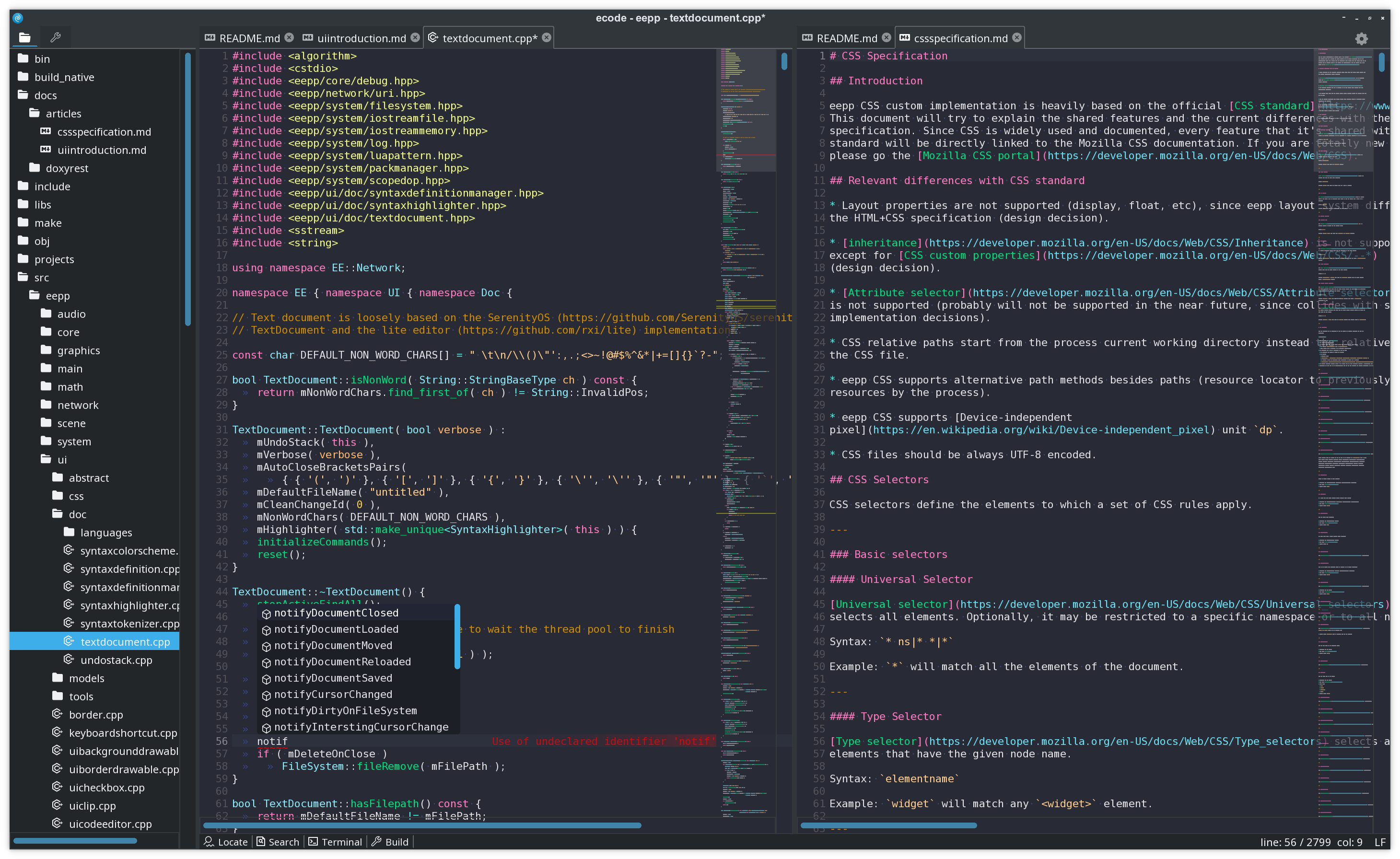
- Pomodoro App


- Wiki Apps

Exploring CI/CD Tools and Messaging Platforms
Additionally, freelancers and startups can explore various self-hosted CI/CD tools, such as Jenkins or GitLab CI, which can streamline deployment processes without the costs associated with commercial services.
For communication, alternatives to Slack and Discord like Mattermost or Rocket.Chat provide collaborative platforms without the risk of vendor lock-in.
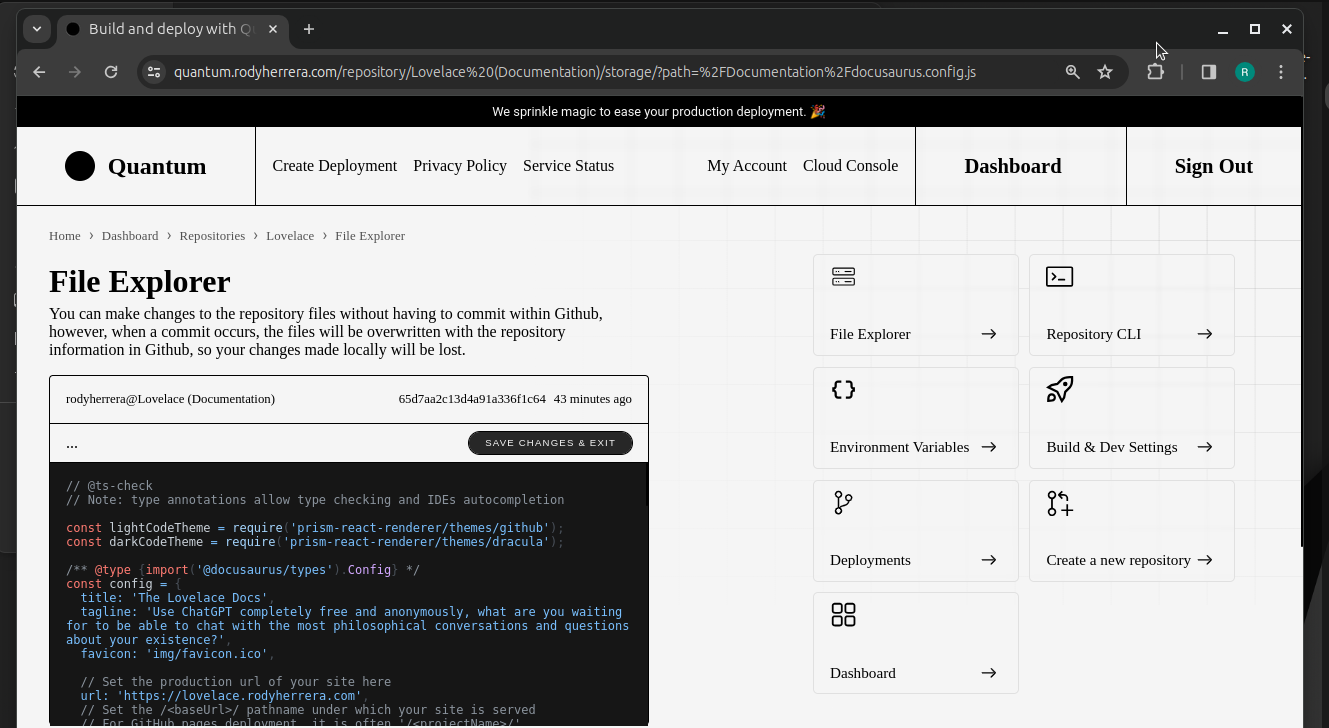
The Challenges of Using Open-Source Tools
While open-source solutions offer many benefits, they come with challenges. Many require technical skills to install, configure, and secure, which can be time-consuming for freelancers or startups without dedicated IT resources.
Moreover, troubleshooting issues often relies on community support rather than professional help, which can lead to delays.
The cost of maintaining servers or hosting open-source tools can also add up, potentially offsetting some of the financial savings. Nonetheless, these challenges are manageable with the right resources.
Final Note
In a world where agility and cost-efficiency are paramount, avoiding vendor lock-in by embracing open-source, self-hosted applications is a strategic move for freelancers and startups.
By making this switch, they can save money, gain control over their data, and maintain flexibility in their operations. It's time to take charge of your tools, streamline your processes, and break free from the constraints of vendor dependency.






![13 Free PoS (Point of Sale) Systems for Retails, Cafes, and Restaurants [2024 Edition]](/content/images/size/w600/2024/10/pos--1--1.png)





